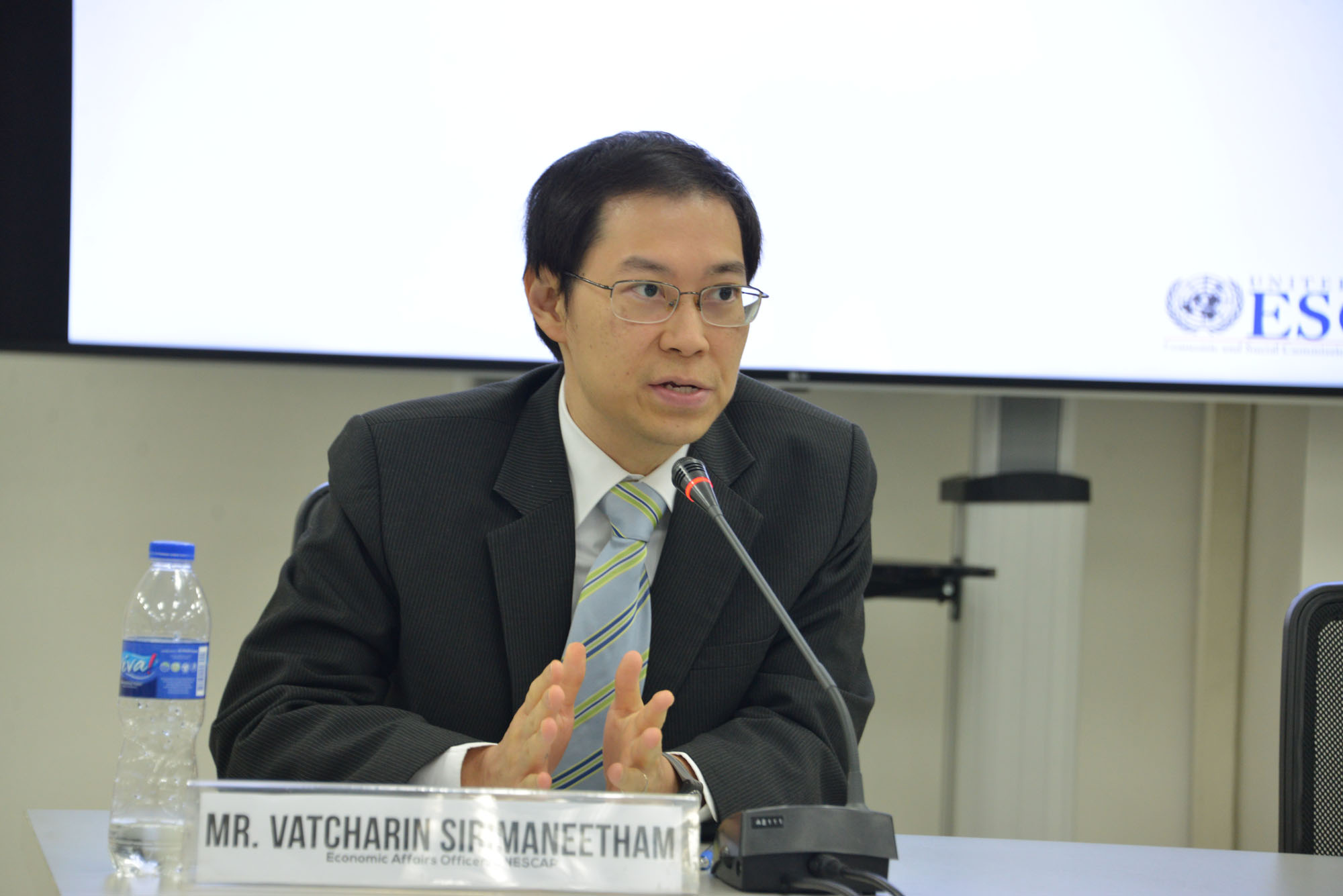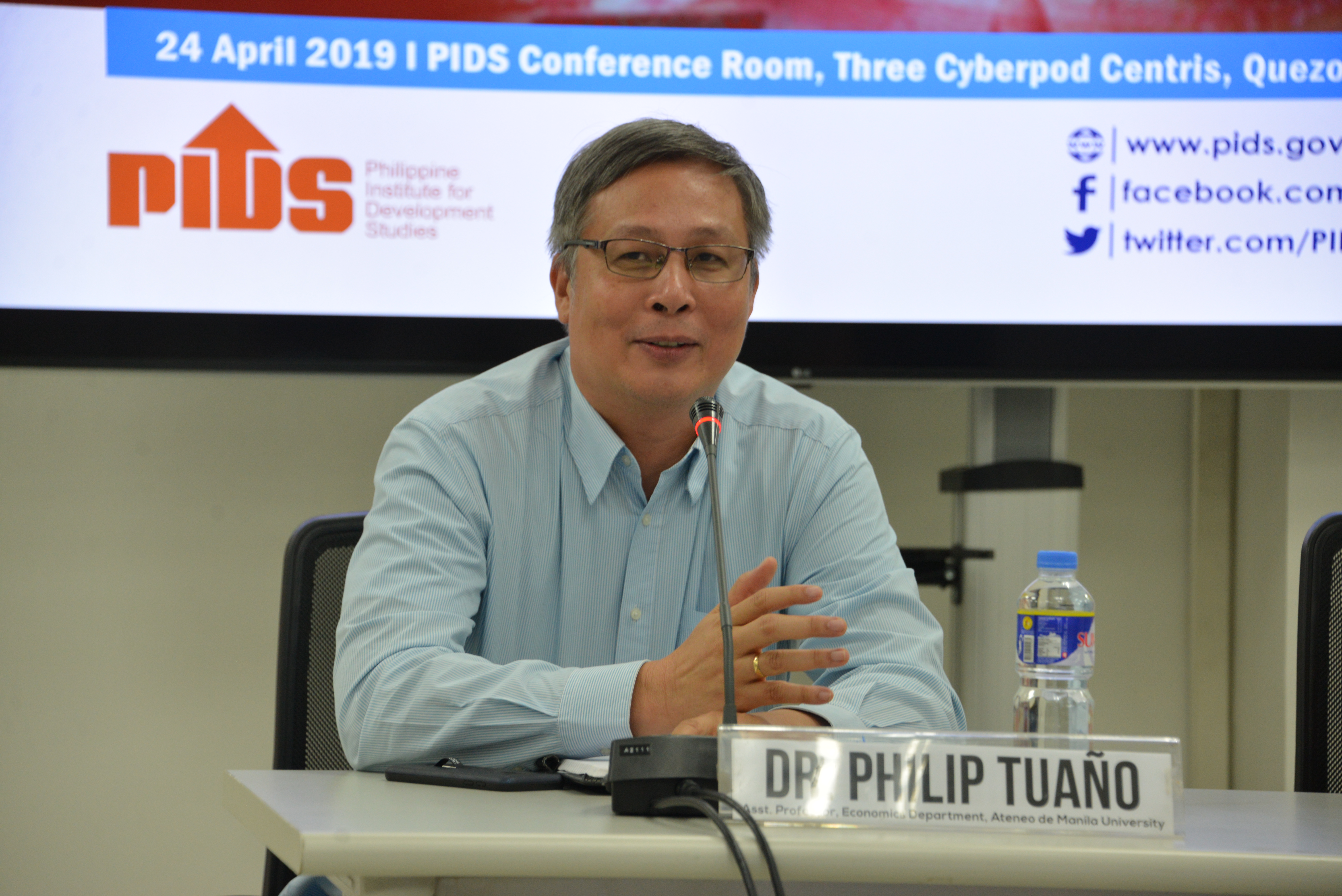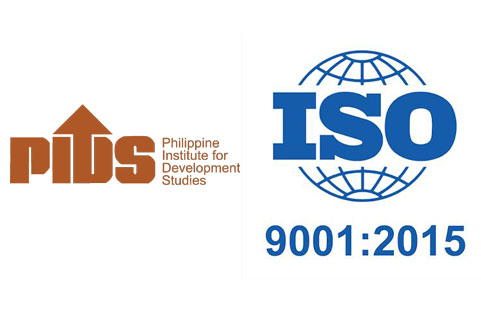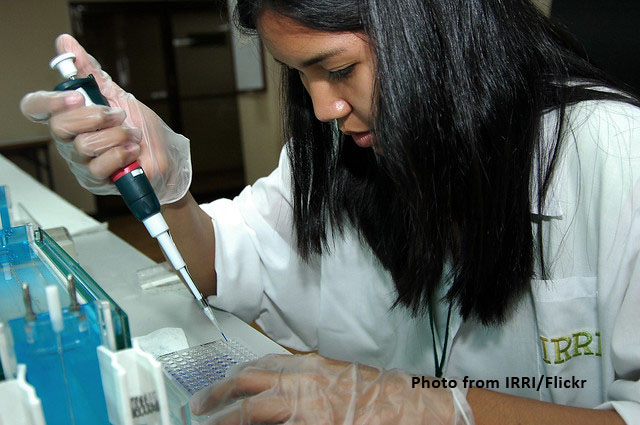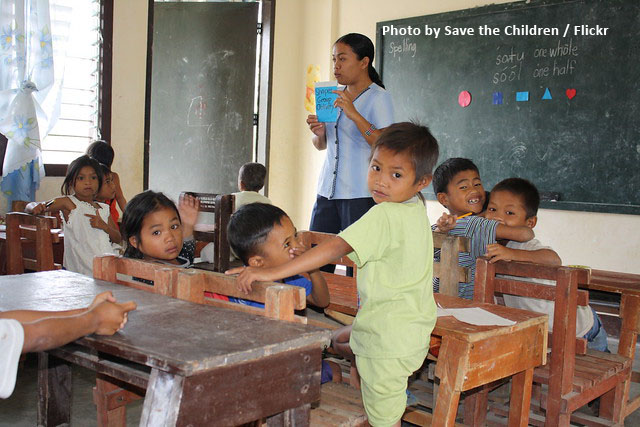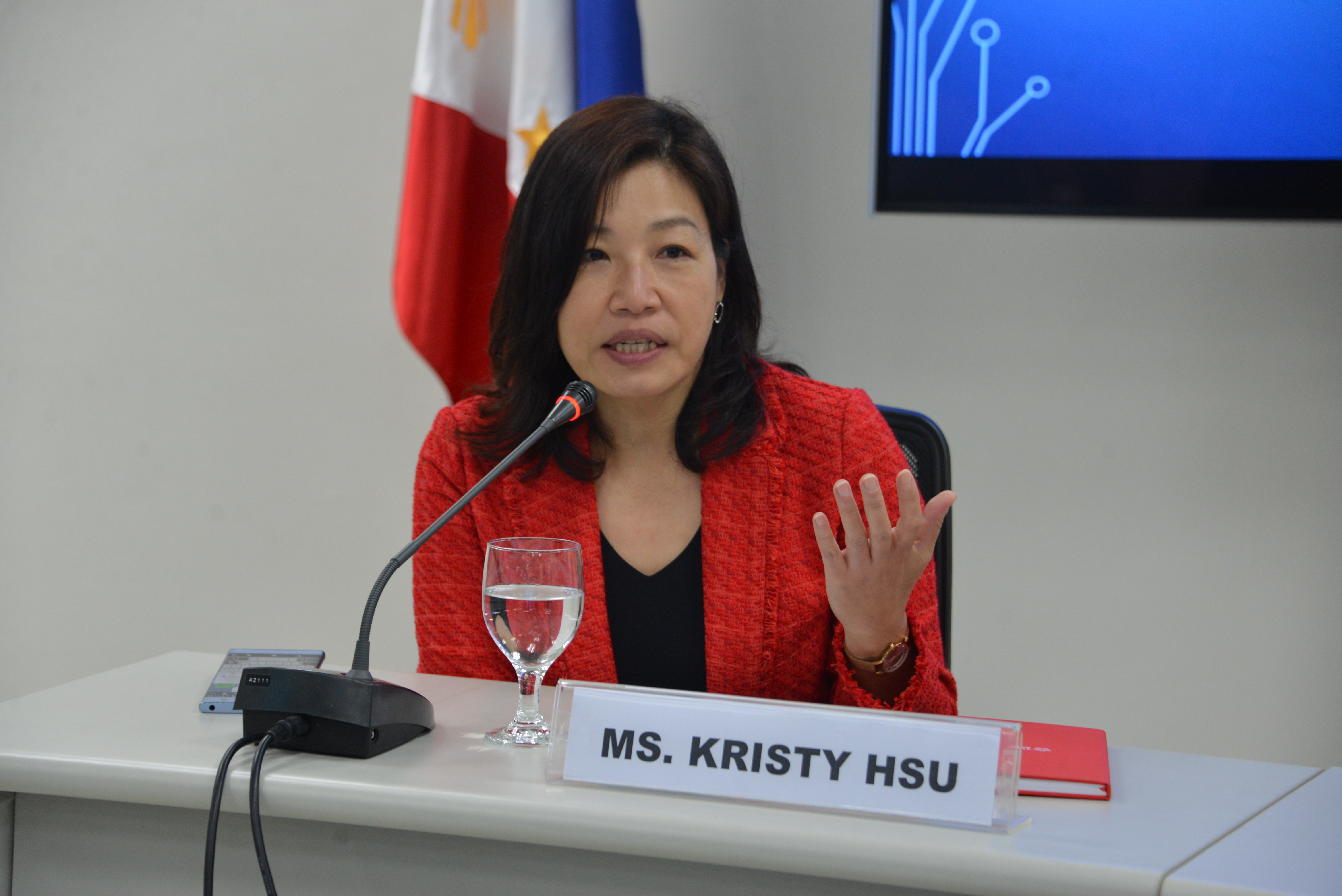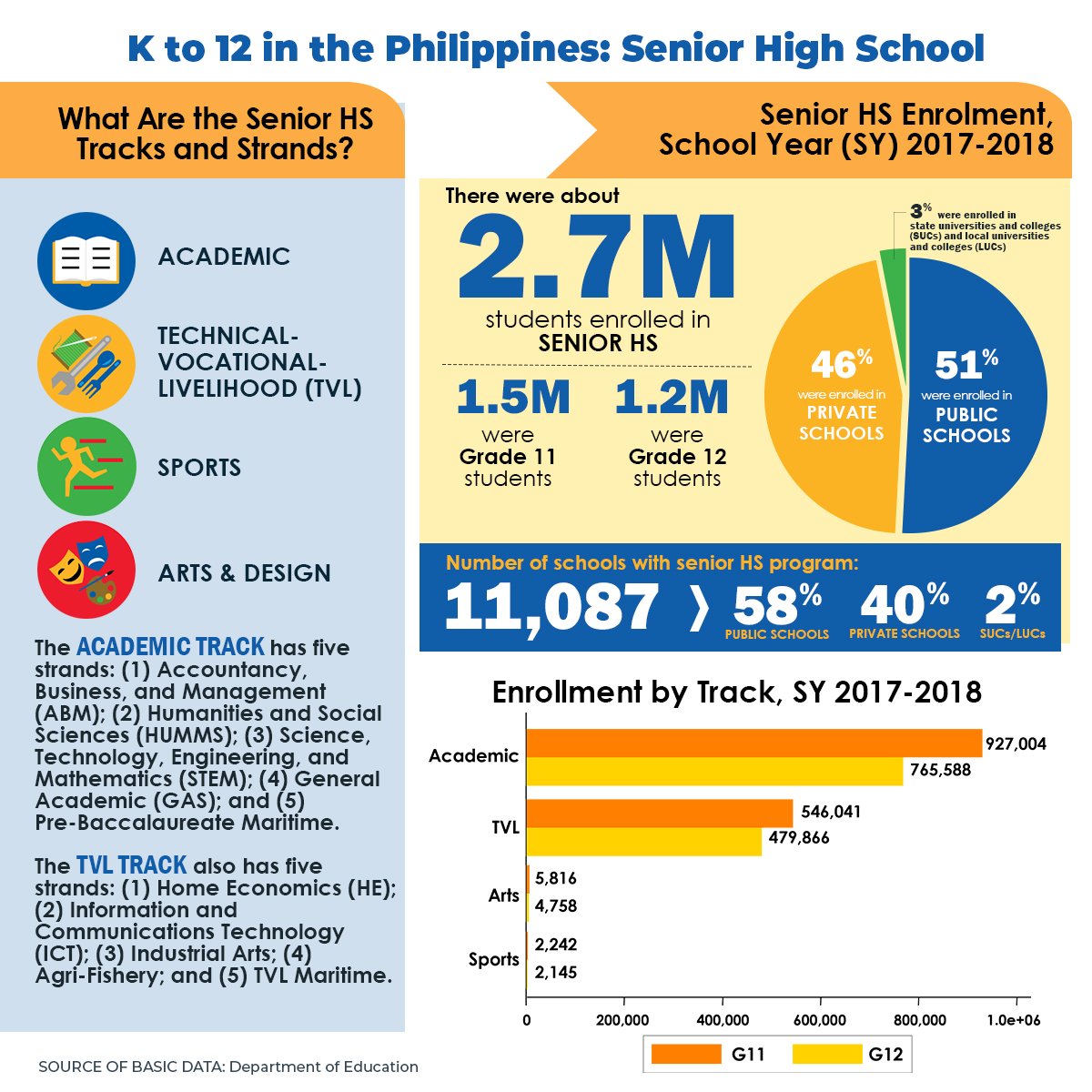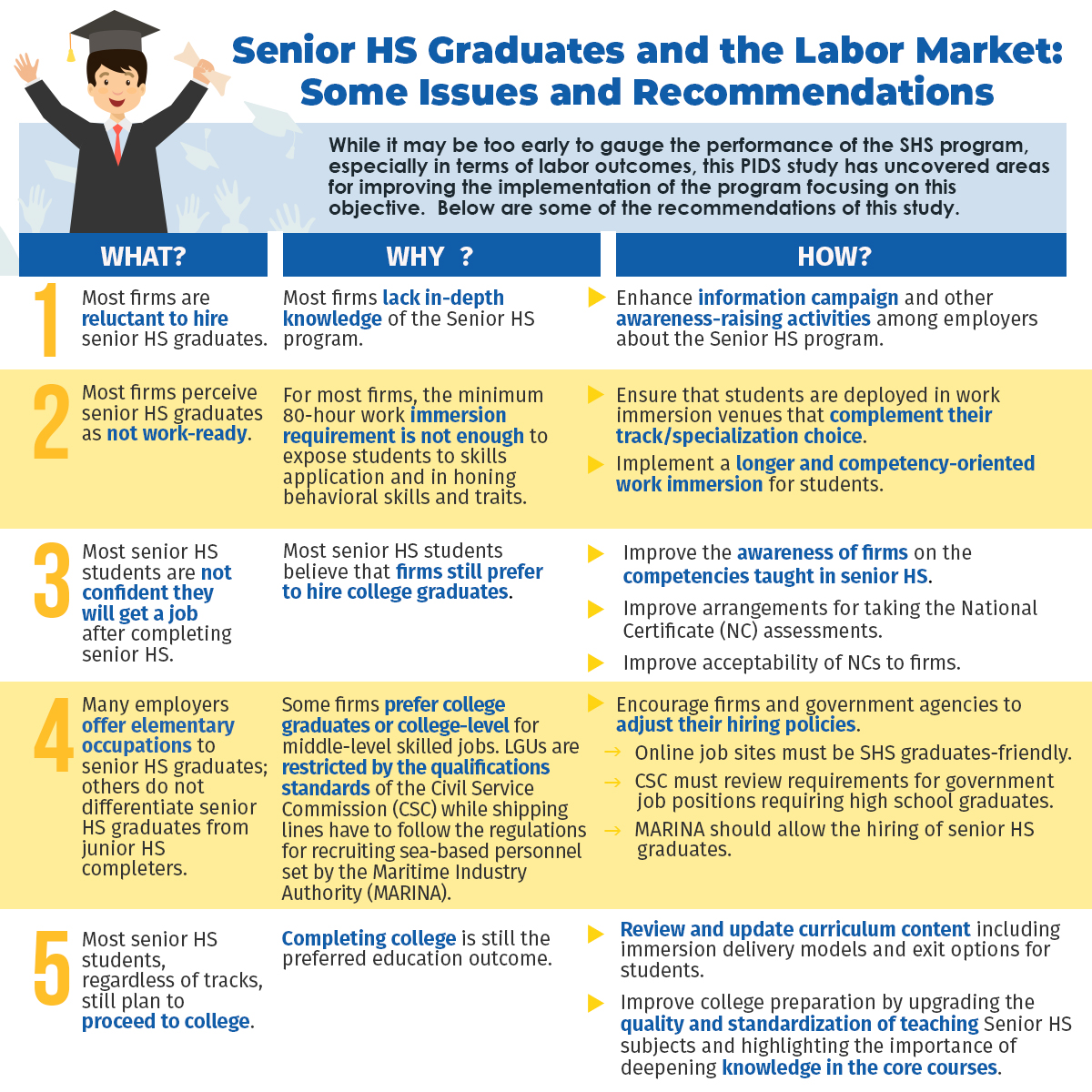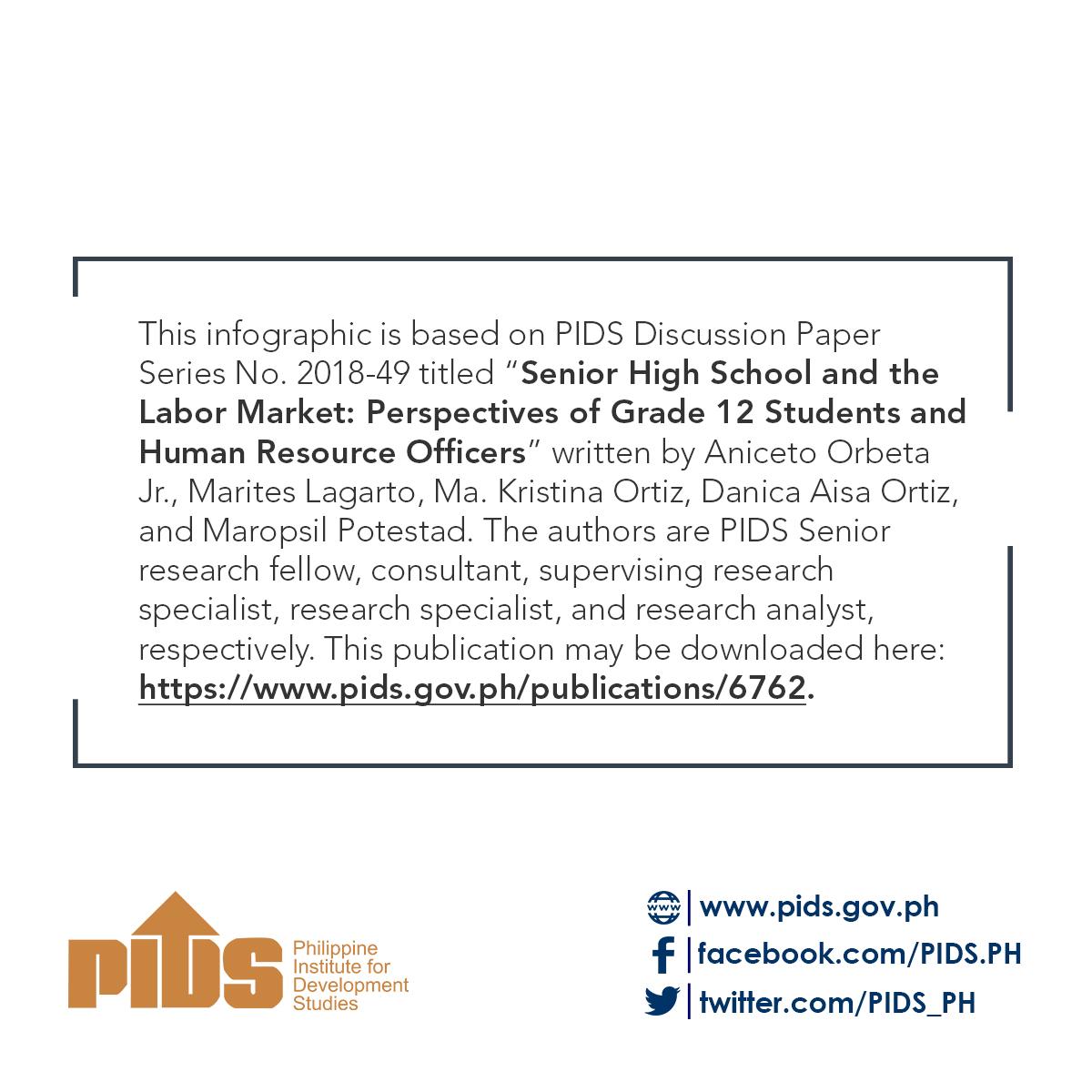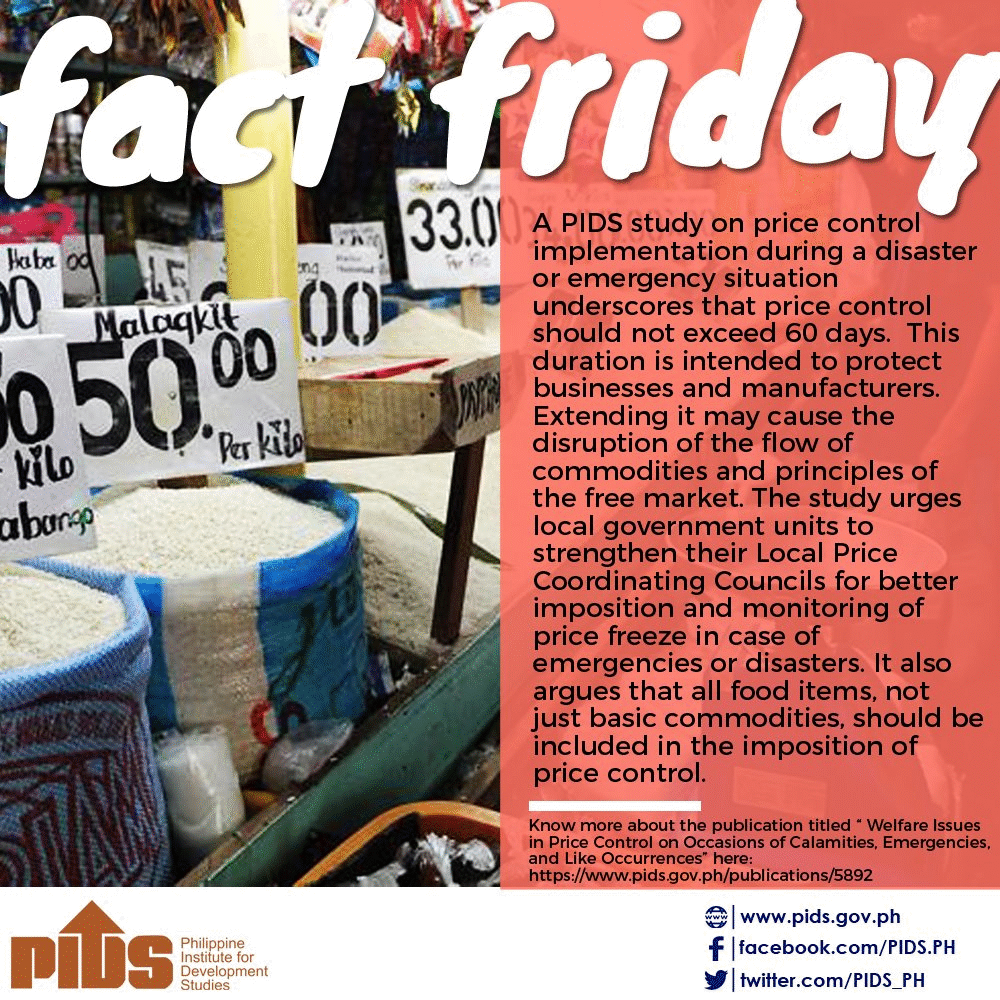Having trouble reading this email? View it in your browser. |
||||
 |
||||
|
||||
This Policy Note assesses the financial sector development in the Philippines vis-a-vis other member-states of the Association of Southeast Asian Nations (ASEAN). Among others, it finds that the Philippines has lagged behind other comparable ASEAN member-states, particularly Malaysia and Thailand, with respect to financial deepening, access, and efficiency. There was also no significant transformation in the Philippine financial services sector over the past three decades. Nonetheless, it finds that the Philippine banking system fared better in terms of financial stability. The study urges the Philippine government to push for a more diversified, dynamic, competitive, and resilient financial system that offers a wider range of financial products and services both to consumers and businesses through more efficient delivery channels. Drawing up a comprehensive and detailed long-term strategic action plan for the Philippine financial sector would help to identify reforms to address the weaknesses and actualize the vision of a truly inclusive financial sector that is supportive of the country's economic development. Click here to download the paper.
PN 2019-04:
Challenges in the Philippine Mining Industry This Policy Note revisits the legal framework on Philippine mining, focusing on the Philippine Mining Act (PMA) of 1995 and the Indigenous People's Rights Act (IPRA). It uncovers several issues on the implementation of PMA and IPRA, such as the circumvention of the requirements of permits, delays in the declaration of the claims of the indigenous peoples, and institutional issues within the National Commission on Indigenous Peoples (NCIP). It also notes discrepancies in the implementation of these laws across regions. The study urges the government to review its mining policies and come up with a common implementing guideline for all agencies involved to eliminate personal tendencies to relax rules. It also recommends the augmentation of human resource in NCIP offices for them to carry out their tasks timely and efficiently. Further, with the backlog in personnel, issuances from NCIP can be harmonized, such that a single protocol for permitting can be followed and duplication of requirements can be minimized. Click here to download the paper.
|
June 20, 2019, 2:00–5:00PM
May 23, 2019, 8AM–11:30AM -----------------------------------------
The Philippine Journal of Development is a professional journal published by the Philippine Institute for Development Studies. It accepts papers that examine key issues in development and have strong relevance to policy development. As a multidisciplinary social science journal, it accepts papers in the fields of economics, political science, public administration, sociology, and other related disciplines. It considers papers that have strong policy implications on national or international concerns, particularly development issues in the Asia-Pacific region. CLICK HERE for the guidelines in the preparation of articles. Submissions and inquiries may be sent to PJD@mail.pids.gov.ph. |
|||
Policymakers need to revisit and rethink the scope of power of the Department of the Information and Communications Technology (DICT), according to a study of state think Philippine Institute for Development Studies (PIDS).
To achieve the 2030 Agenda for Sustainable Development Goals (SDGs), the Asia-Pacific region needs an annual investment of about USD 1.5 trillion (equivalent to PHP 78.9 trillion), according to the United Nations Economic and Social Commission for Asia and the Pacific (UNESCAP). Presenting the results of UNESCAP’s “Economic and Social Survey of Asia and the Pacific 2019”, Sirimaneetham said it is important for the region to “look beyond economic growth and integrate the social dimensions of development”. READ MORE
The implementation of the Tax Reform for Acceleration and Inclusion (TRAIN) law could affect Filipinos living in poverty. However, its impact on poor households could be minimized through the proper implementation of the unconditional cash transfer (UCT) as stipulated in the law.
State think tank Philippine Institute for Development Studies (PIDS) is now ISO 9001:2015 certified after passing the rigorous and grueling assessments of third party auditors in March this year. Reyes said this feat reflects the Institute’s commitment to uphold its mandate of promoting and providing evidence-based research studies to help policymakers make informed decisions and policies on development issues. READ MORE
The Philippines needs to invest in science & technology (S&T) if it wants to keep up with other countries that are stepping up in their innovation efforts.
The Department of Education (DepEd) should review its policy concerning public school teachers' workload, particularly those concerning administrative and other duties unrelated to teaching.
The Philippines continues to be a major source of manpower for Taiwan’s electronics industry.
| ||||
POLICY ISSUE AT A GLANCE Are Senior HS Graduates Ready for the Job Market and Are Firms Ready to Take Them? With the passing of the Enhanced Basic Education Act of 2013 (Republic Act 10533), more popularly known as K-12 program, three years were added to basic education kindergarten and two years of senior high school (SHS). Among its objectives is to equip learners with the skills that will better prepare them for employment or entrepreneurship.
To view in actual size, visit the PIDS website or the PIDS Facebook page.
FACT FRIDAY Every Friday, PIDS releases nuggets of research results culled from different PIDS studies. Here are the latest #PIDSFactFriday issues. Like us on Facebook for more #PIDSFactFriday issues. |
||||
Need help? Have feedback? Feel free to contact us. © 2018 Philippine Institute for Development Studies.
|
||||
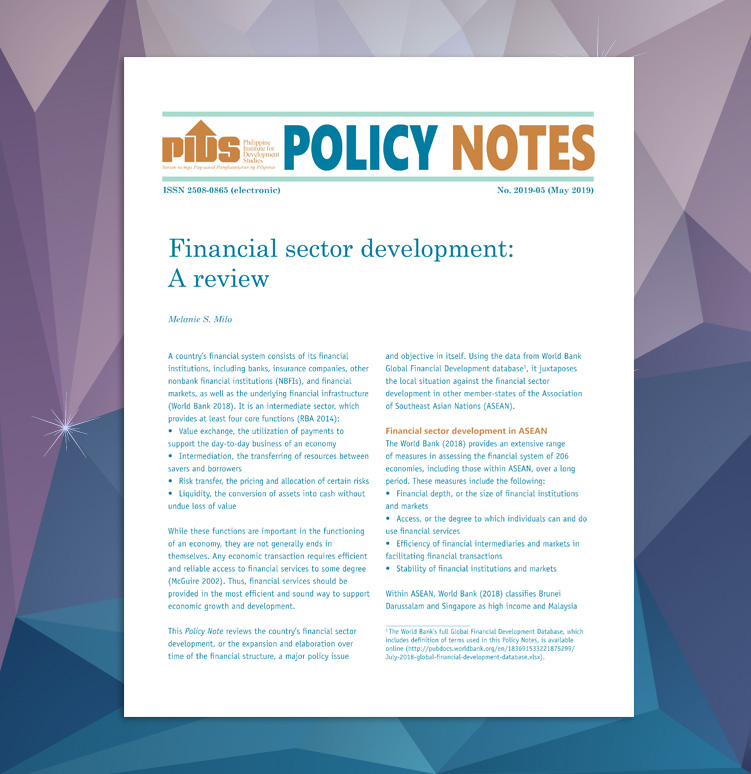 PN 2019-05:
Financial Sector Development:
PN 2019-05:
Financial Sector Development:
.jpg)
.jpg)
